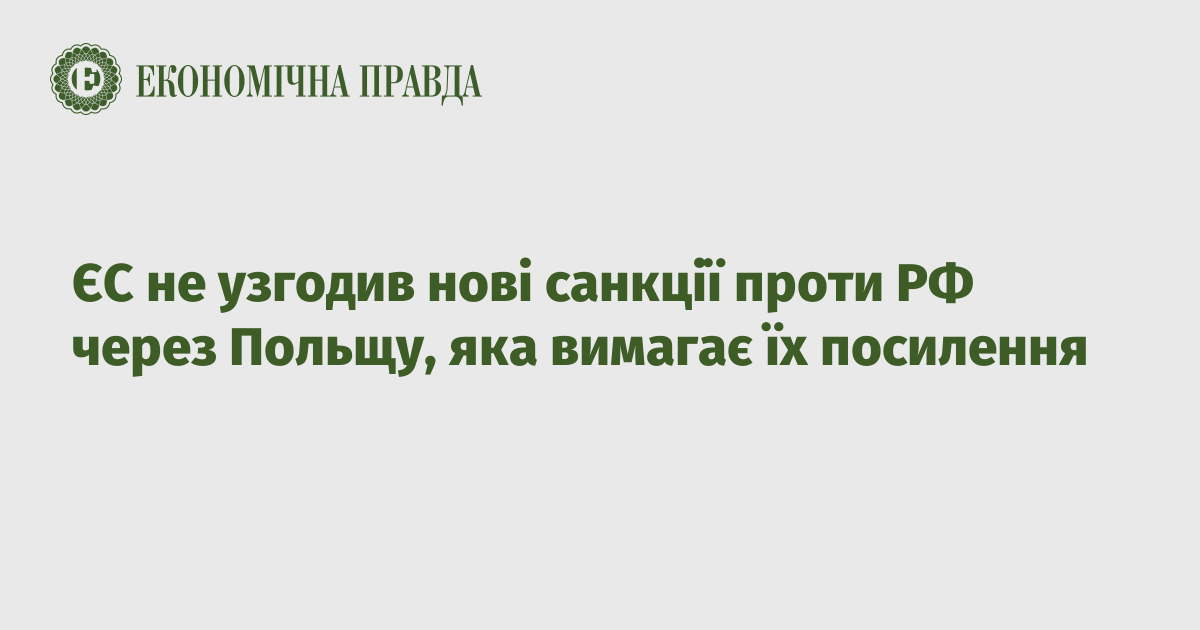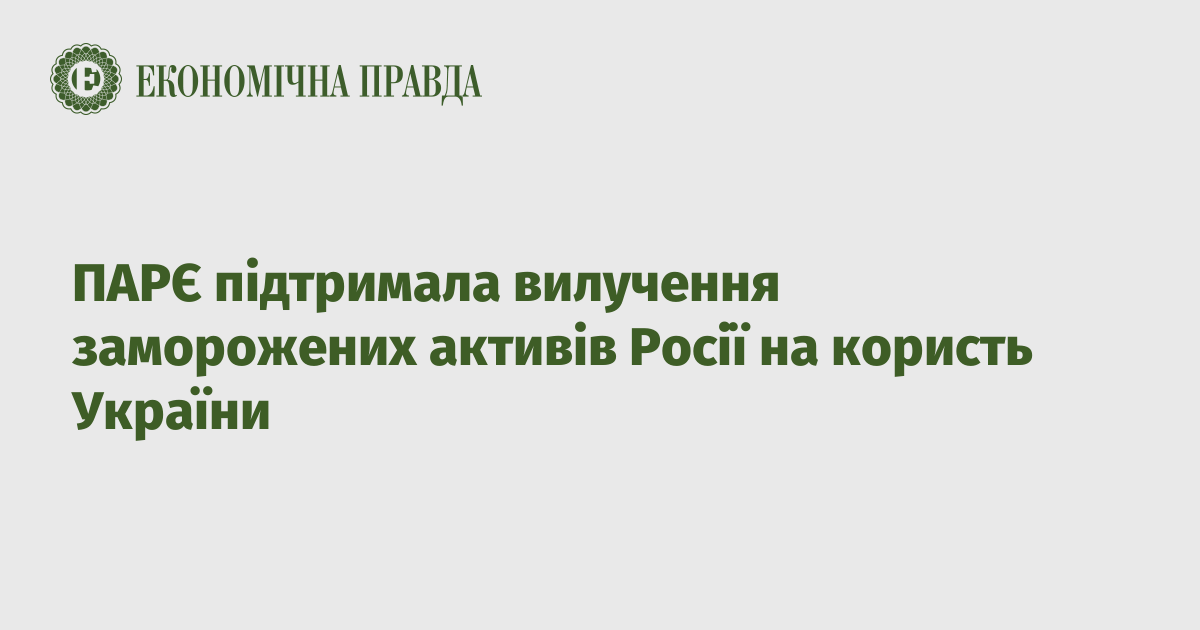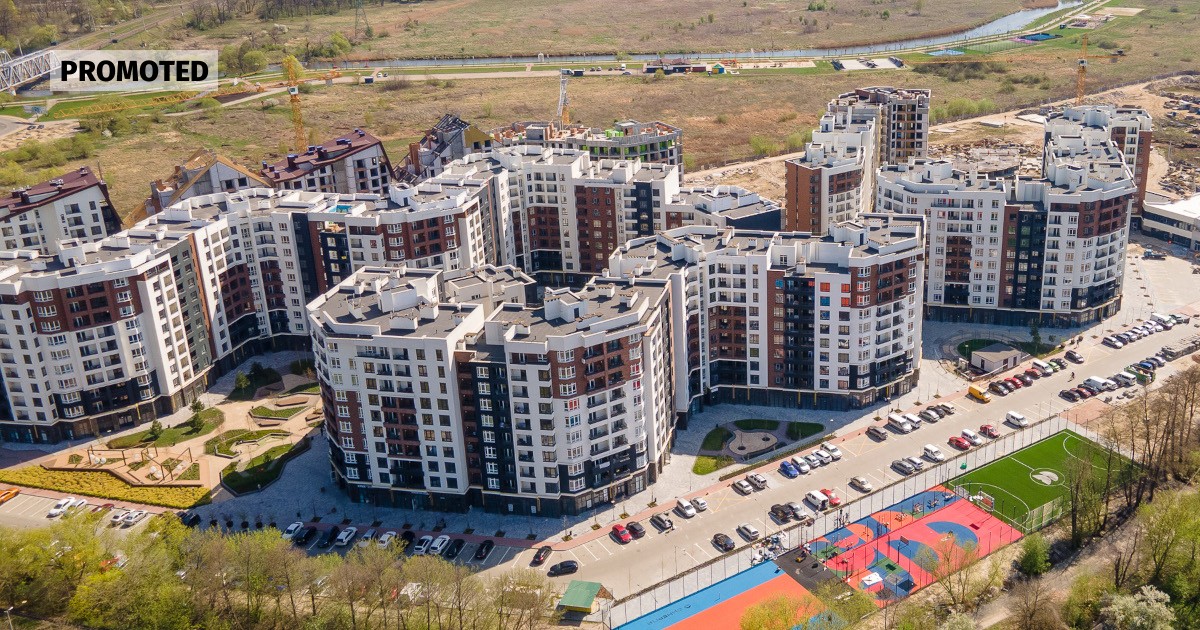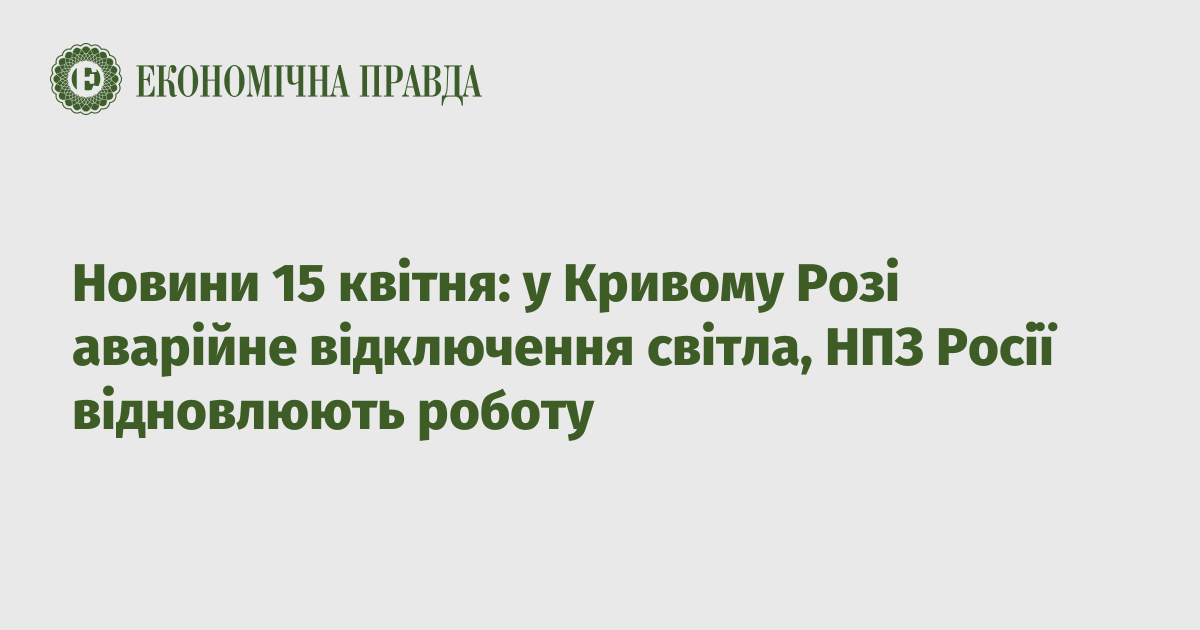The EU did not agree on new sanctions against the Russian Federation because of Poland, which demands their strengthening

The European Union on Thursday failed to sign off on a long-awaited package of sanctions against Russia over Poland’s objections to proposed restrictions on imports of synthetic rubber, which it says are not tough enough.
This is written by Politico, “European Truth” reports.
The talks will continue on Friday and overlap with official events to mark the first year of the war, casting doubt on European Commission President Ursula von der Leyen’s recent promise to President Volodymyr Zelenskyi in Kyiv to impose a 10th round of sanctions by then.
Diplomats said an agreement had been reached on most of the package, but Poland objects to proposed restrictions on synthetic rubber imports, which it says are not tough enough.
While acknowledging that the package is being delayed, Warsaw denies that this is a problem. “We don’t block sanctions. We just want sanctions to make sense,” said a Polish official on condition of anonymity.
According to four EU diplomats, all other points were agreed upon.
According to two diplomats, on Thursday evening the Commission continued negotiations with some EU countries in search of a compromise. According to four diplomats, there will be another meeting of the ambassadors of the 27 EU member states on Friday morning to try to reach a deal.
Poland’s objection concerns the proposed restrictions on the import of synthetic rubber from Russia. A number of countries have called for a total ban, but in an attempt to reassure other countries that depend on these imports, the Commission has proposed a quota limit of 560,000 metric tonnes, one EU diplomat said.
According to a Polish official, this is even more than current imports. While several EU diplomats said Poland had been the most outspoken opponent of the quota, others also voiced their displeasure at exemptions for certain companies. One of the EU diplomats said that the proposed quota “makes the sanctions meaningless”.
Trade data show that imports from Russia have not exceeded this quota over the past decade.
Former EU High Representative for Foreign Affairs and Security Policy Josep Borrell expressed confidencethat the tenth package of sanctions against Russia will be adopted by February 24 – the anniversary of the full-scale invasion of Ukraine.
According to the media, the new package of EU sanctions includes restrictions on more than 60 Russian officials and politicianssome of whom are believed to be involved in the campaign to forcibly remove Ukrainian children to Russia.









